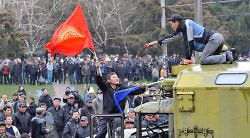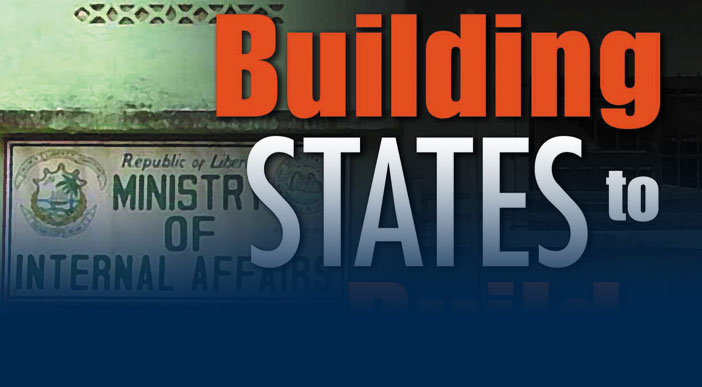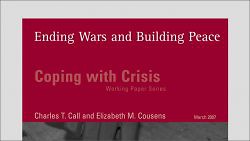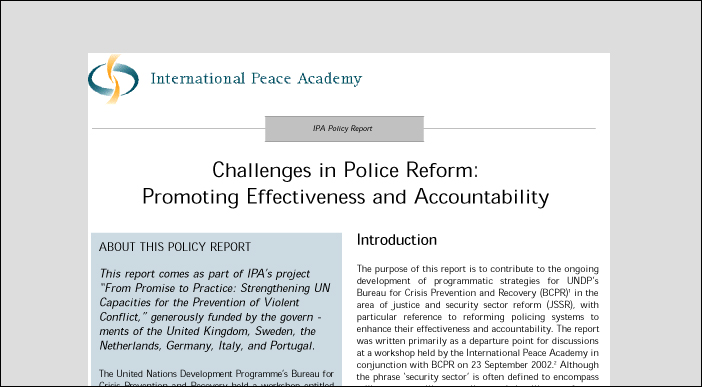
While the United Nations has extensive experience in helping to mediate the end to civil wars and implement peace agreements, its experience with non-civil-war transition crises is comparatively limited. This study examines the UN experience in five cases of unconstitutional changes in government between 2008-2011: Kenya, Mauritania, Guinea, Madagascar, and Kyrgyzstan.The study examines some of […]
Read more









